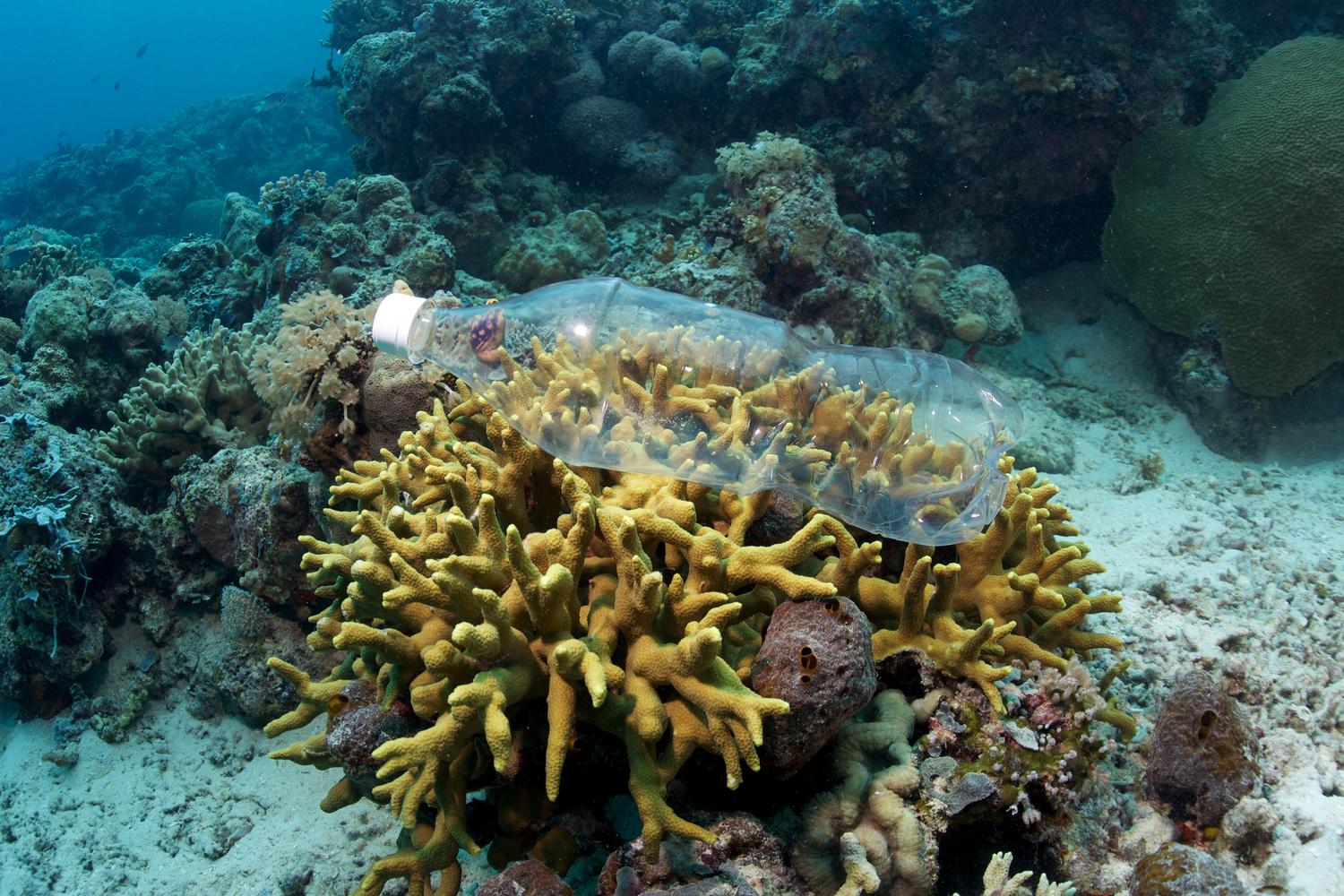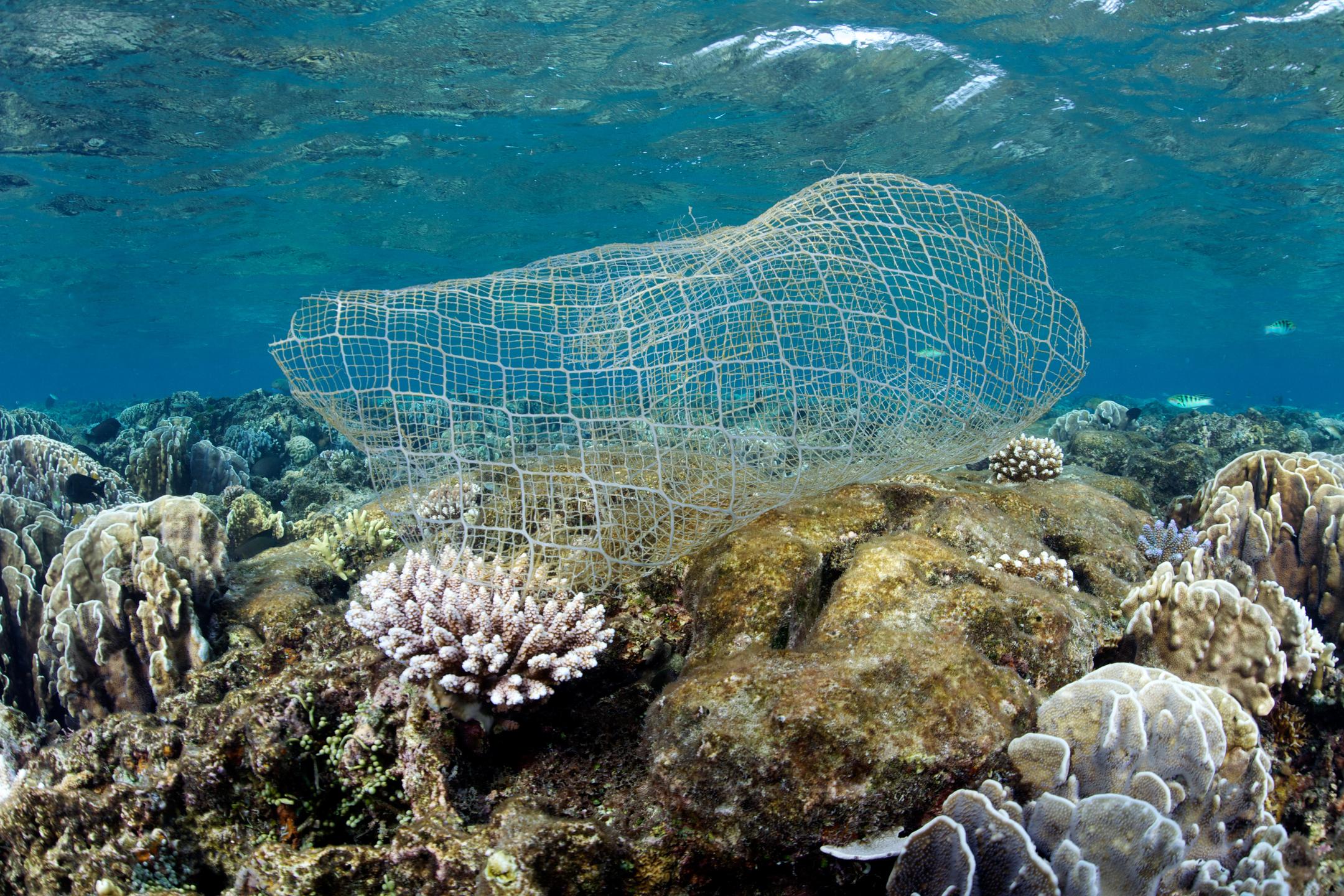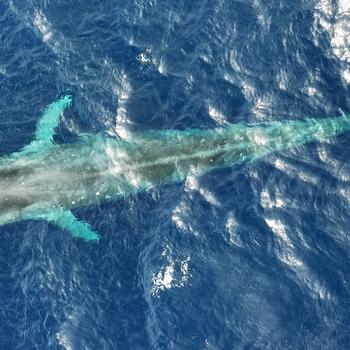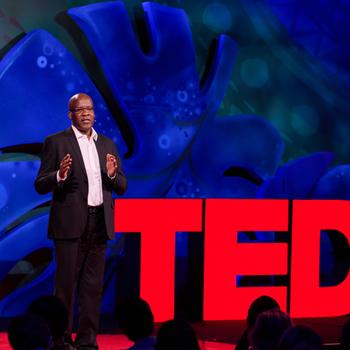Plastic is choking the world’s oceans — threatening vital ecosystems, coastal economies and the health of billions of people who eat contaminated seafood .
Every year, up to 10 million tons of plastic end up in the world’s oceans — an amount so large it’s hard to visualize. But that’s just what two journalists did. In a report for Al Jazeera , Mohammed Hussein and Marium Ali found that if flattened, ocean plastic today would cover an area roughly the size of Jamaica. In 50 years, plastic waste could grow to an area larger than France.
Plastic netting on a coral reef in the Philippines. © Keith A. Ellenbogen
The world’s plastic pollution problem is dire: 400 million tons of plastic products are produced annually. Half of that consists of cups, packaging material, shopping bags and other items that are used just once before ending up in landfills — or in nature — where they can last for hundreds of years .
As unsightly as ocean pollution is, what we can’t see may be worse. Microplastic fragments that drift below the surface of the water make up about 99 percent of all ocean plastic. Up to 75 trillion pieces of microplastic float in our seas where they can cause a host of issues — stunting the growth and reproduction of fish before finding their way into our food, water and air. Some studies suggest microplastics may accumulate in our livers, kidneys and intestines.
While the situation may be dire, it’s not without hope.
Last year, United Nations negotiators from 175 countries agreed to develop a legally binding, global agreement aimed at ending plastic waste. The resolution addresses the full lifecycle of plastics — from production to disposal. Delegates met earlier this month to continue discussions on a new plastic treaty and remain on track to finalize it by the end of 2024.
In the meantime, individuals can do their part to keep plastic from spilling into the seas, says Edgardo Ochoa, Conservation International marine and diving safety officer.
“Don’t buy it in the first place (but if you do, reuse it),” writes Ochoa. “This is my number one recommendation for anyone who wants to help protect the sea.”
For his part, Ochoa teaches divers how to safely remove waste from the ocean while they’re underwater. There are more than 6 million active recreational divers worldwide . If each one picked up just one piece of abandoned fishing gear or trash every time they went diving, it would be a monumental benefit to the global initiative to clean up the ocean.
Read the full story from Al Jazeera here .
LEARN MORE:
Emma Cummings-Krueger is the media relations writer at Conservation International. Want to read more stories like this? Sign up for email updates . Also, please consider supporting our critical work.




